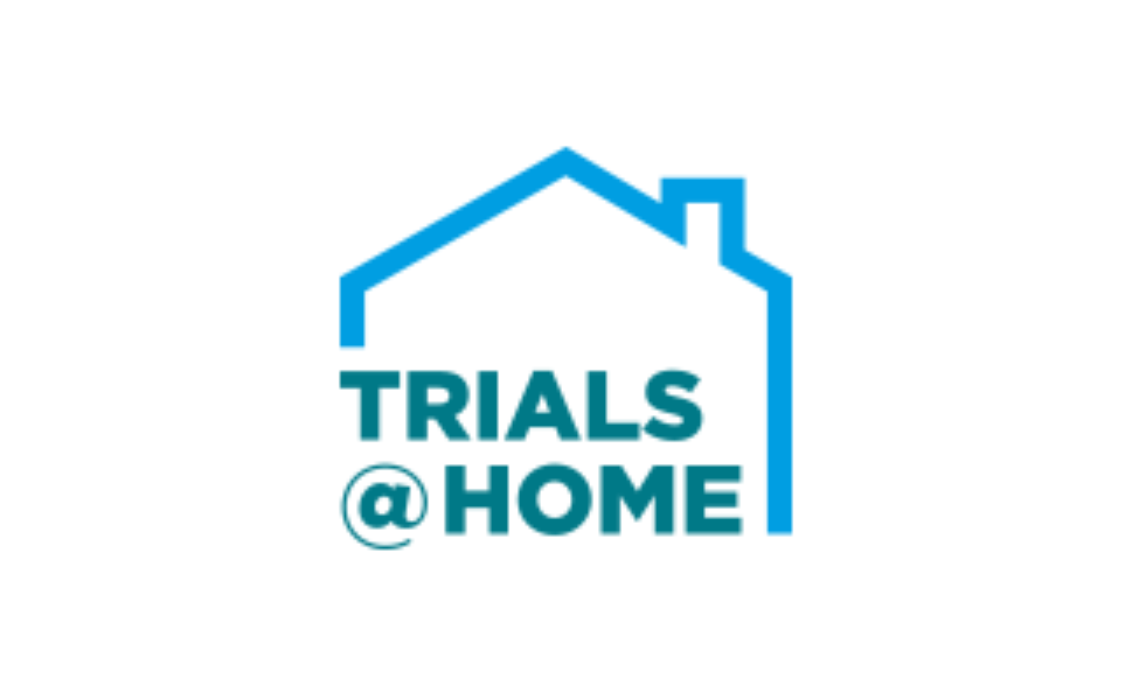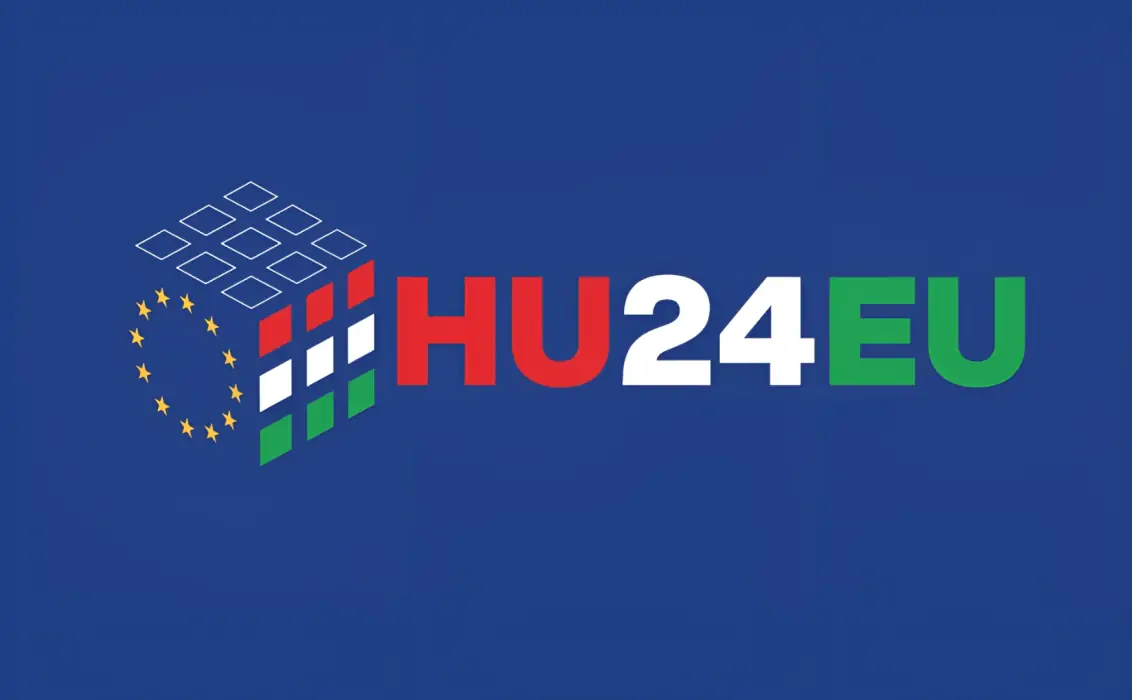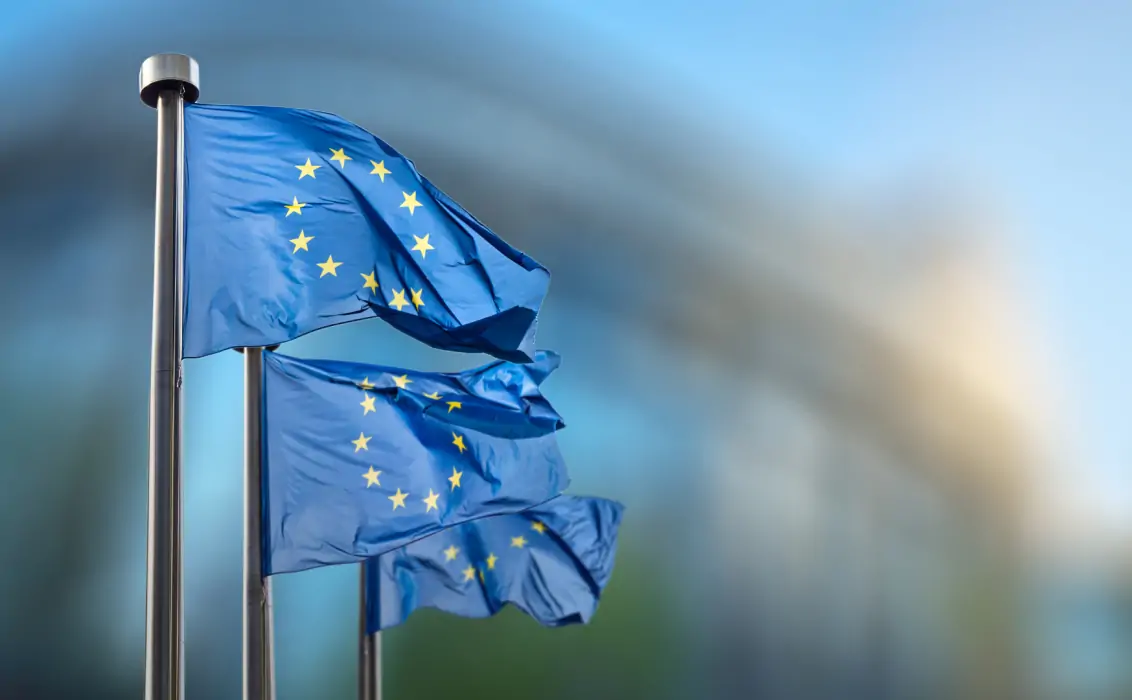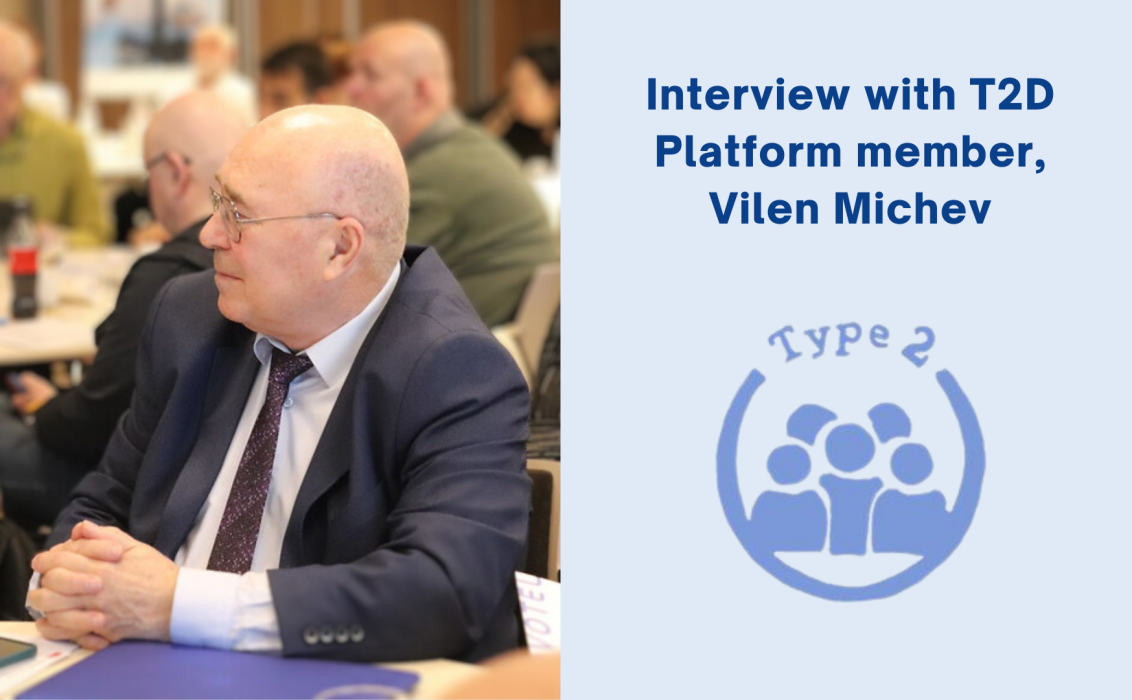The Trials@home annual meeting took place virtually on 5th & 6th October 2020. Trials@Home is an Innovative Medicines Initiative 2 project that is currently exploring the viability of moving conventional clinical trials to a home setting in the form of remote decentralised clinical trials (RCDTs). The project began in September 2019, and despite the challenges posed by the COVID-19 crisis, a lot has been achieved in one year.
Trials@Home is divided into six work packages: BEST, TECH, PILOT, EAGLE, CODE, and PROMS. The BEST team explores what already exists in terms of RCDTs in order to determine the best practices to be implemented for Trials@Home. This year BEST developed a set of concrete recommendations for the set-up of RDCTs. The three key recommendations are: answer an important research question, keep participants at the centre, and simplify the participant experience while maintaining quality and scientific rigour. They are followed by three supporting recommendations: involve stakeholders early, share knowledge and experiences, and research implementation and improvement of RCDT methods.
TECH assesses the various technologies that are needed to support the deployment of RDCTs. Since the beginning of the project TECH has developed its ideas into concrete visions, this includes the completion of a glossary of terms to be used within work package two and a set of Basic Building Blocks (BBB) that will assist in quality assessments of the relevant technologies.
PILOT is in charge of implementing a pan-EU pilot trial. The trial will compare a conventional clinical trial, with a hybrid trial and a completely remote trial. This will allow differences or similarities to be identified in flow of activities, subject perception, cost, quality, and compliance between conventional, hybrid, and remote trials.
The EAGLE team was set up to ensure that Trials@Home complies with all legal and ethical regulations regarding (remote) clinical trials within the EU. EAGLE has created a map specific for each country and advised on EMA engagement.
CODE focuses on external communications, with the aim of promoting the project and disseminating its results. Background information on the project as well as newly-released information developed by CODE and other project stakeholders can be found on the dedicated website. And finally, the PROMS team is in charge of project management and has set up an external stakeholder platform along with a scientific advisory board.
On day 2, IDF Europe co-led a session focusing on amplifying the patient voice within the Trials@Home project. Each work package was asked to present how they have involved patients in the process up until this point and how they would see future engagement. Along with the selected patient panel, IDF Europe was able to probe into this engagement further and give advice on how to improve patient involvement and engagement into the future to ensure that the patient voice is placed at the centre of the project. Members of the panel, assembled by IDF Europe, are Mark Duman, João Manuel Valente Nabais, Cristina Maria Petrut, and Theofaneia Tsachalina. We are very grateful for their commitment to the project.
Overall, Trials@Home has made great strides in the last year. Each work package has made significant advances, with 85% of planned deliverables and 100% of milestones being met.



